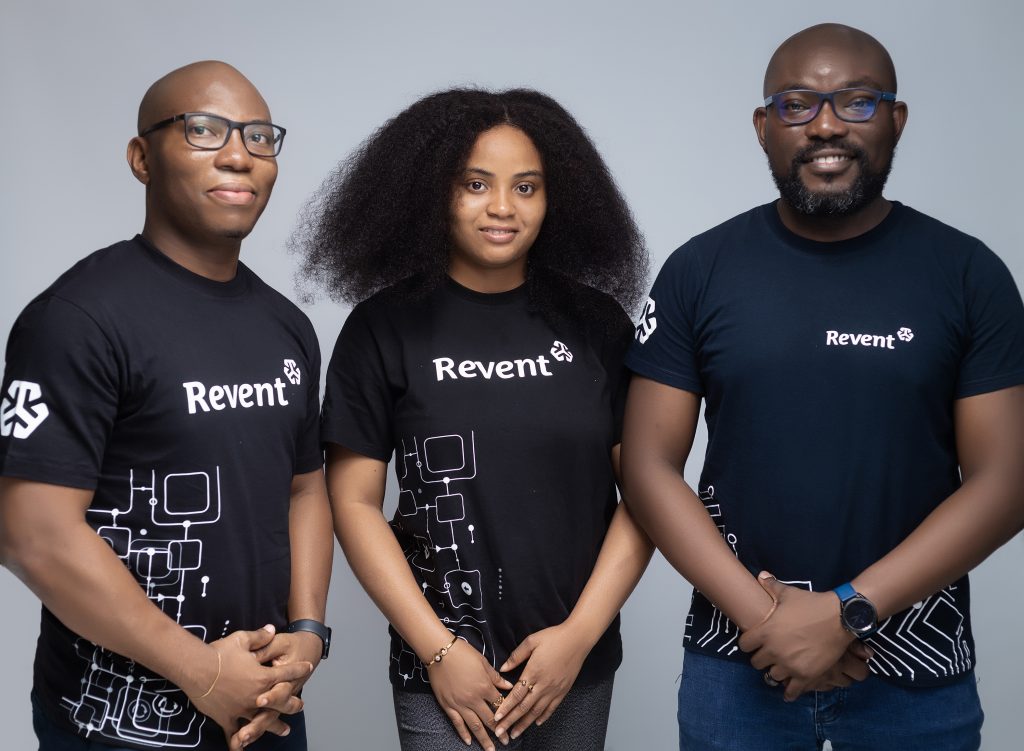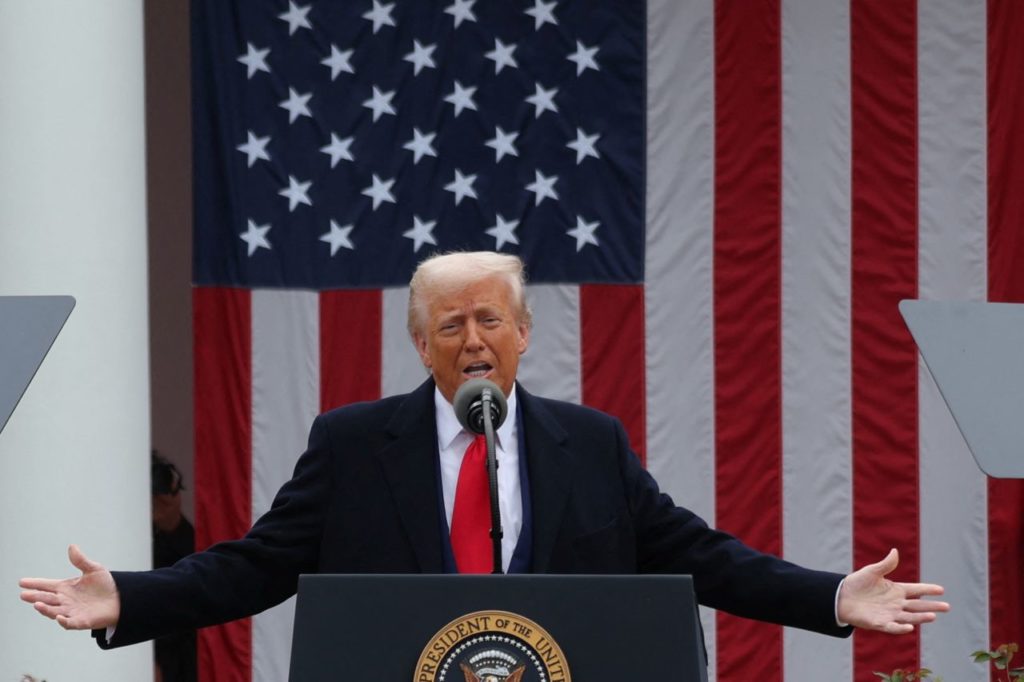Stablecoins offer a promising solution to Africa’s inflation crisis. Finna Protocol is pioneering this approach, allowing users to leverage stablecoins for everyday transactions and collateralized loans, potentially revolutionizing financial stability across the continent.
The subject of Africa’s economic challenges has become cliche for people living on the continent. High inflation rates, currency devaluations, and limited access to stable financial instruments have been the constant theme of African economies for several years. The familiarity of this topic, however, does not make the effects of this reality any easier to live with. Many across the continent continue to struggle to preserve their wealth and secure their financial futures.
Looking at the most recent data, at least 24 African countries currently have an annual inflation rate higher than 5%, which is generally considered the threshold for high inflation. In 14 of those 24 countries, the rate is higher than 10%. In Nigeria, for instance, where the average annual inflation rate currently stands over 20%, both purchasing power and savings are significantly impacted. Similar stories unfold in countries like Zimbabwe, Ghana, and Sudan, where citizens watch helplessly as their hard-earned money loses value by the day.
Traditional financial systems have proved incapable of providing adequate solutions to these challenges. The most obvious solution, savings, treasury bills and bonds, all considered low-risk investments, typically underperform the inflation rate.
Enter stablecoins — digital assets designed to maintain a stable value by pegging to low-inflation currencies and reserve assets like the U.S. Dollar, Euros, and Gold. These cryptocurrencies offer a solution to the inflation problem by providing Africans with a store of value resistant to local economic uncertainties.
However, the mere existence of stablecoins isn’t enough. For these digital assets to truly make a difference, they need to be integrated into everyday financial activities. This is where innovative fintech solutions come into play.
Finna Protocol, an upstart in Africa’s fintech scene, is tackling this challenge head-on. By building an inflation-resistant ecosystem powered by stablecoins, Finna is working to unlock financial freedom and resilience for Africans.
The company’s suite of products makes stablecoins not just accessible, but genuinely useful for everyday transactions. Users can easily swap between different stablecoins, send them to USD bank accounts, and even use them as collateral for fiat loans in their local currencies.
This last feature is particularly inventive. By allowing users to collateralize their stablecoins for loans in local currencies like the naira, Finna offers individuals a way to benefit from the stability of dollar-pegged assets while still meeting their day-to-day financial needs in local currency.
The possibilities that stablecoin-collateralized naira loans bring are significant, especially considering the de-dollarization push by many African economies. It offers a way for Africans to shield their savings from inflation without completely disconnecting from local economies.
Early signs have been positive. Despite being relatively new in the market, Finna Protocol has already processed over $1.5 million in transactions, transaction volumes, and users growing steadily monthly.
The company’s thoughtful approach hasn’t gone unnoticed in the broader crypto community either. Recent backing from established players in the space including Celo — a mobile-first blockchain network and the issuer of the second largest stablecoin in terms of on-chain daily active users (DAU) — suggests growing confidence in the potential of stablecoin-powered solutions to address real-world financial challenges in Africa.
Still, the road ahead is long, and challenges remain. Regulatory hurdles, technological adoption, and entrenched financial habits all present uncertainties. However, the potential rewards — financial stability, economic empowerment, and increased resilience against local economic shocks — make the adventure worthwhile.










